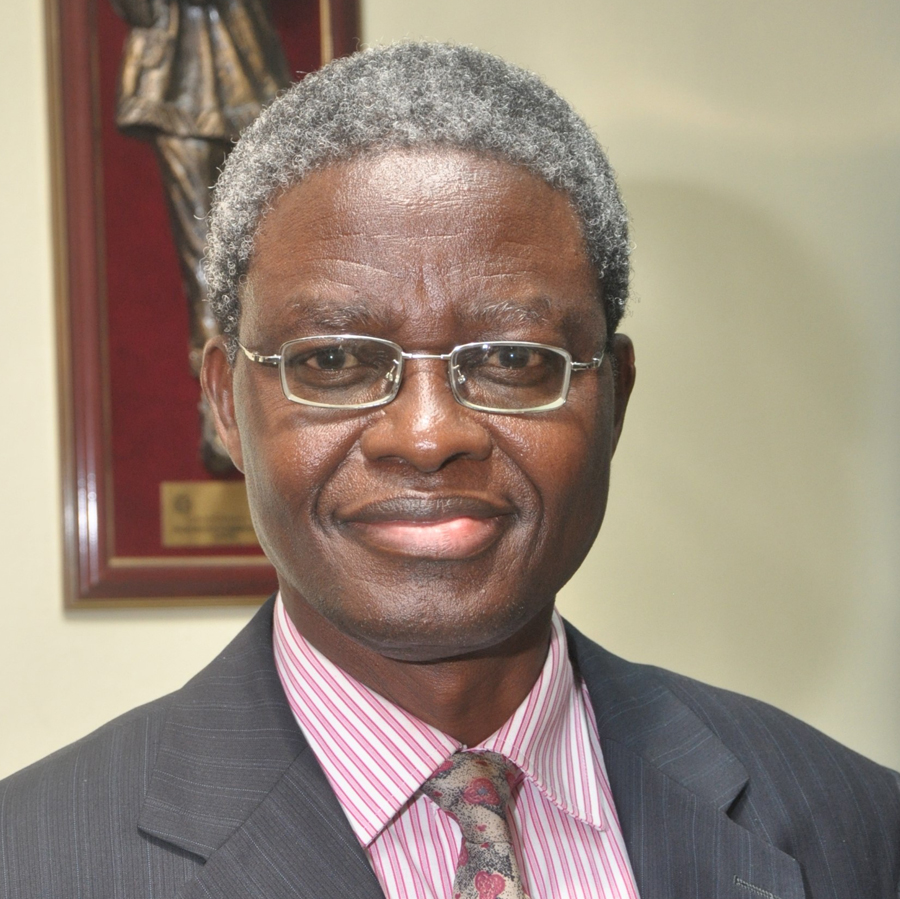Professor Bola A. Akinterinwa, an international relations expert, has expressed sadness over what he described as ‘unserious attitude’ of Federal Government in handling the xenophobic attacks against Nigerians by South Africans.
Last Sunday, some South African locals were alleged to have killed more than three foreign nationals in addition to looting their property and torching their houses and businesses in the outskirts of Pretoria.
Speaking during TVC NEWS, Lagos under Deji360 programme, Akinterinwa expressed worry over what he described as ‘soft actions’ by Federal Government as announced by Geoffrey Onyeama, the Minister of Foreign Affairs against South Africa in connection with xenophobic attacks on Nigerians.
The Federal government recalled its Ambassador to South Africa, Ambassador Kabiru Bala and sent the special envoy who is also the Director-General of the National Intelligence Agency, Ahmed Abubakar to parley with South African government officials on finding solutions to the xenophobic attacks.
He said such would not moved South African authorities to end xenophobic attacks on Nigerians and other Africans.
This is even as South Africans, residing in eastern Johannesburg, on Sunday, marched along Jules Street in the area, demanding that foreign nationals leave their country.
According to SowetanLive, protesters live in hostels around that part of town and had gathered for an address by the former leader of the Inkatha Freedom Party, Mangosuthu Buthelezi.
However, they walked the street to the venue of the talk armed and chanting, “foreigners must go back to where they came from.”
It was reported that the protest has led to fresh violence, which has spread to other areas in Gauteng province.
Akinterinwa, the Ondo-born and former Editorial Page Editor of ThisDay Newspapers recalled that while he was campaigning for presidency under Afrcian National Congress, ANC, Cyril Ramaphosa, now South African President had told foreign nationals to go back home.
According to him, “It will be difficult for xenophobic attacks to end because most senior members of African National Congress, ANC, support it. They feel that Nigerians supported the routing of apartheid regime in order to exploit their economy and businesses. They felt Nigeria contributed to the International ANC and not the local ANC.
“They see Nigerians and other Africans as coming to grab their land, take over their jobs and their women.”
“Pieter Willem Botha had remarked that the blacks do not cooperate, fight themselves, are disunited set of people and are unable to govern themselves. Though late, Botha who once ruled Apartheid South Africa has been vindicated on what is happening in South Africa. How can the blacks rise up against the blacks? It is the most shameful thing I have ever seen or heard,” he bemoaned.
He was not happy with African Union for protecting the South African government in which the minority whites control the South African economy while the blacks control political power.
Though Ramaphosa has condemned the xenophobic attacks, some political analysts see such as ‘sheer hypocrisy.’
Wikipedia reports that “Prior to 1994, immigrants from elsewhere faced discrimination and even violence in South Africa. After majority rule in 1994, contrary to expectations, the incidence of xenophobia increased. Between 2000 and March 2008, at least 67 people died in what were identified as xenophobic attacks. In May 2008, a series of attacks left 62 people dead; although 21 of those killed were South African citizens. The attacks were motivated by xenophobia. In 2015, another nationwide spike in xenophobic attacks against immigrants in general prompted a number of foreign governments to begin repatriating their citizens.
“A Pew Research poll conducted in 2018 showed that 62 per cent of South Africans viewed immigrants as a burden on society by taking jobs and social benefits and that 61 per cent of South Africans thought that immigrants were more responsible for crime than other groups. Between 2010 and 2017 the immigrant community in South Africa increased from two million people to four million people.”

